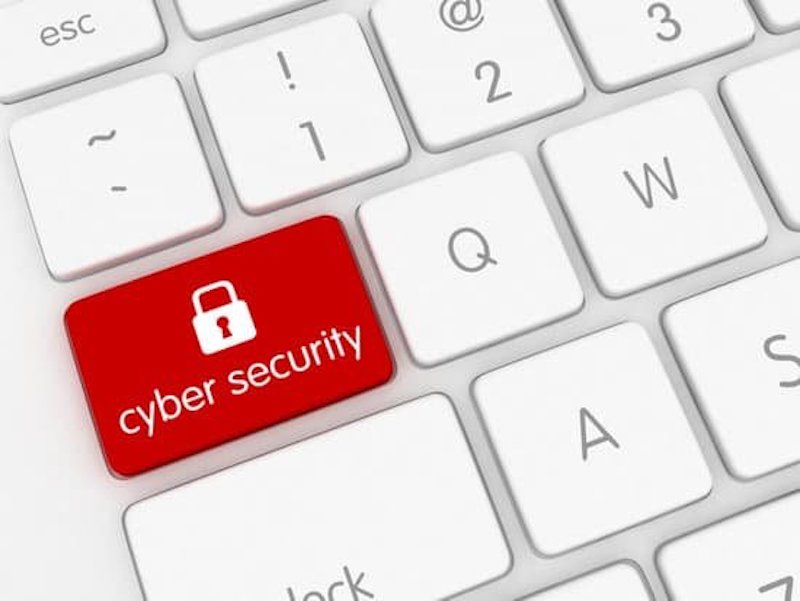2021 has seen a well publicised rise in the number of UK schools and colleges experiencing cyber security and ransomeware attacks. This August, FENews.co.uk reports on the latest Check Point Research mid-year 2021 Cyber Attack Trends Report and says the global education sector has seen a 29% increase in cyber attacks so far this year and that the UK has seen a 93% increase in cyber attacks targeting the education sector.
This is no surprise to Techs4Education and those working in educational IT. The number of attempted incursions has been on the up since the rise and rise of remote school and college learning.
Working in the front line of securing school IT networks and devices from cyber attacks, Techs4Education has proactively supported its schools to effectively manage cyber security through; upgrading of school networks, making sure security software is regularly updated and the implementation its Endpoint Protection management security solution.
At Techs4Eduacation, Endpoint Protection has become key as schools provide increasing levels of remote learning. It successfully guards a school’s computer network from devices, such as laptops, tablets, mobile phones and other wireless devices, that connect to the school.
It is important to note that technology is not the only solution. Training teaching staff to recognise potential threats like phishing emails or viruses and to know what to do when a breach occurs has real value.
NCSC offers remote cyber security training program for teachers
The National Cyber Security Centre’s (NCSC) initiative to help schools improve their cyber security, comprises a training package specifically designed for school staff, to build their awareness of the cyber security risks that schools face on a daily basis. It also provides practical information and solutions that will help teachers protect their school against these risks. It is very accessible and will help teachers to be more cyber secure as they work. It can be delivered as a scripted presentation pack for physical or virtual group sessions or as a self learn video for staff to complete individually. For full details of the NCSC training material available click here.
The training material makes use of real-life case studies to help schools understand how cyber incidents can affect the school environment and outlines four key steps of good cyber hygiene for staff to follow:
- phishing
- strong passwords
- device security
- recognising unusual or unexpected online or cyber events
Cyber Security attacks cause huge disruption and are clearly a huge priority for any school or college. Security should form a significant part of any IT strategy and investment programme in order to protect the campus, staff and students. This is not only done by implementing first class security technology and software, but by training teachers to look out for problems and make cyber security part of how they work in the classroom or remotely.
As schools and colleges are set to return to the campus this Autumn, it’s important to reduce the threats from increasingly sophisticated cyber and malware attacks. On top of making sure your school’s IT is fit for this, train and get staff to think ‘security’ and build it into everything they do, from using dual password authentication and making sure any device that is used remotely by teachers or students is authorised for use on your schools network.

